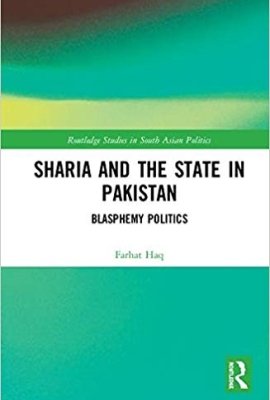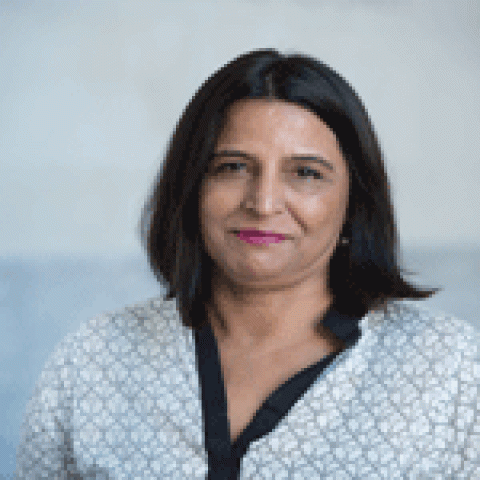Farhat Haq
Former Fellow
Professional Affiliation
Professor of Political Science, Monmouth College
Expert Bio
Farhat Haq was born in central Pakistan and moved to the United States when she was eighteen years old. She received her B.A. from SUNY Fredonia and a Ph.D. in Political Science from Cornell University. She is currently a Professor of Political Science at Monmouth College and a visiting Professor at Lahore University of Management Sciences. She received NEH awards to engage in advanced studies on topics of Comparative Religions at Harvard University; Nationalism and Ethnic Politics at the University of Wisconsin at Madison; Islamic Origins at the University of Chicago and an Asian Values Debate at Columbia University. She has also participated in almost a dozen Midwest faculty seminars at University of Chicago. She was the recipient of Burlington-Northern Award for Excellence in Teaching and the Fulbright teaching/research scholarship. She has published in the area of ethnic politics, gender and politics, Islam and Human Rights and militarism and motherhood.
Wilson Center Project
“Sacralizing the State: Islam and Democracy in Pakistan”
Project Summary
The project explores a process, that I call the "sacralization of the state," whereby governments have selectively used and inserted Islamic law in order to strengthen their political power. However, when selective Islamic elements are inserted onto post-colonial states, it becomes next to impossible to interrogate, reform, or reassess the outcomes of ensuing laws and their broader repercussions. I aim to demonstrate that statutes such as Blasphemy Law and Hudood Ordinance have increasingly facilitated “mob rule.” Even though the government has not brought many cases invoking these statutes, growing numbers of individuals and groups have used these laws to target and victimize their opponents. I will also show that despite enormous criticisms of these statutes, even the elected government of more liberal secularist Pakistan People’s Party (PPP), was unable to remove or significantly modify the Blasphemy Law and similar Islam-based legislation, because by voicing criticism or opposition to anything to do with sharia (as a sacred law), any position that advocates modifying these statues is viewed as blasphemous. The unique contribution of my project is that I engage the growing scholarship on Islamist political parties in the electoral process, and the emergence of civil Islam, to explore the mechanisms that allow for accommodation of faith in public life without focusing exclusively on making the state Islamic.
Major Publications
2008 Militarism and Motherhood. In War and Terror: Feminist Perspectives. Karen Alexander.
2001 Human Rights in Islam. In Negotiating Culture and Human Rights. Lynda Bell, Andrew.
Insight & Analysis by Farhat Haq
- Book
- Human Rights
Sharia and the State in Pakistan: Blasphemy Politics

- Past event
- Global Governance
Book Launch -Sharia and the State in Pakistan: Blasphemy Politics

- Past event
- Religion
Making Sense of Pakistan's Sectarian Landscape

- Article
- Terrorism
Bombs and Burqas: Muslim Women and Extremism


